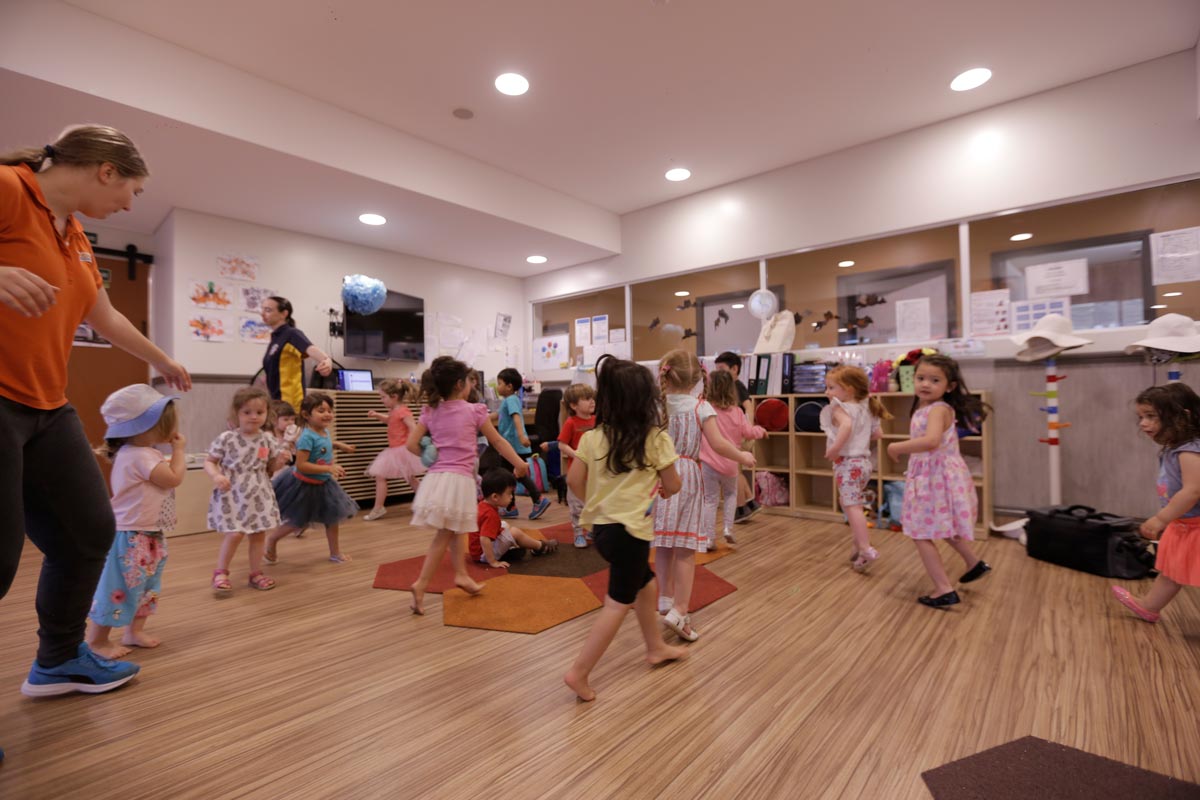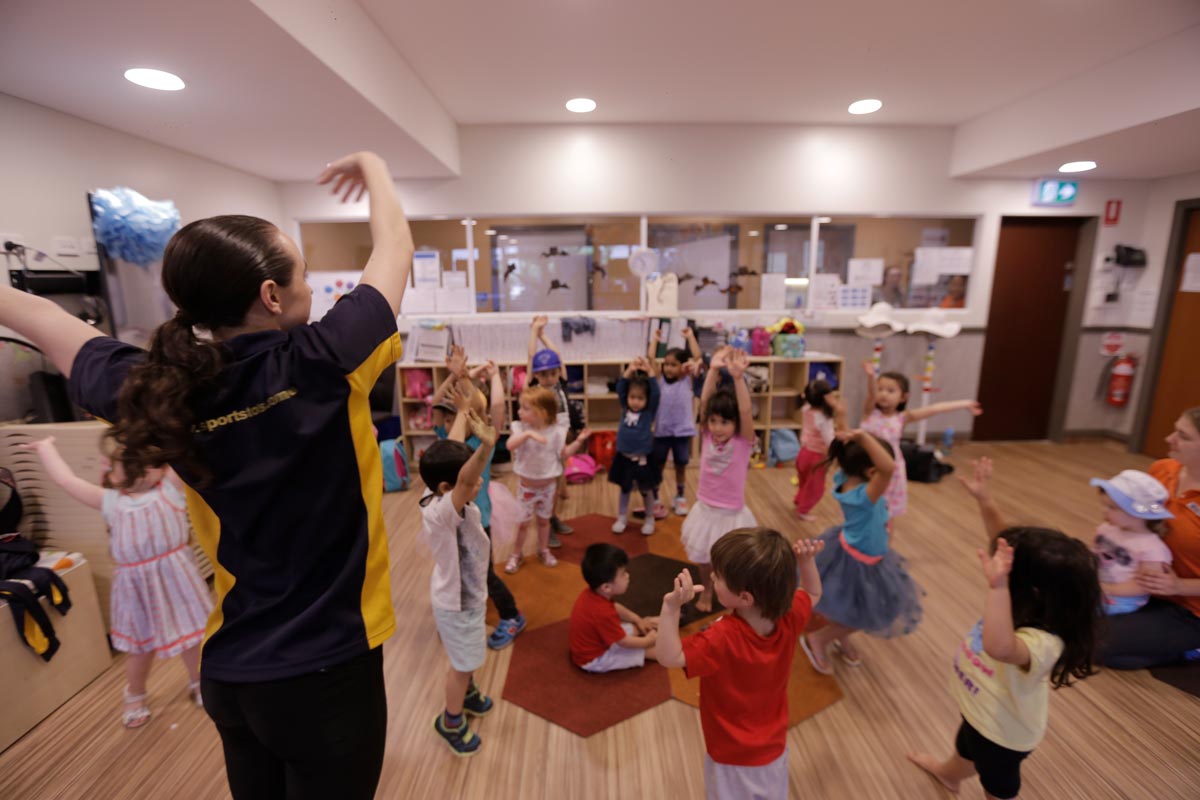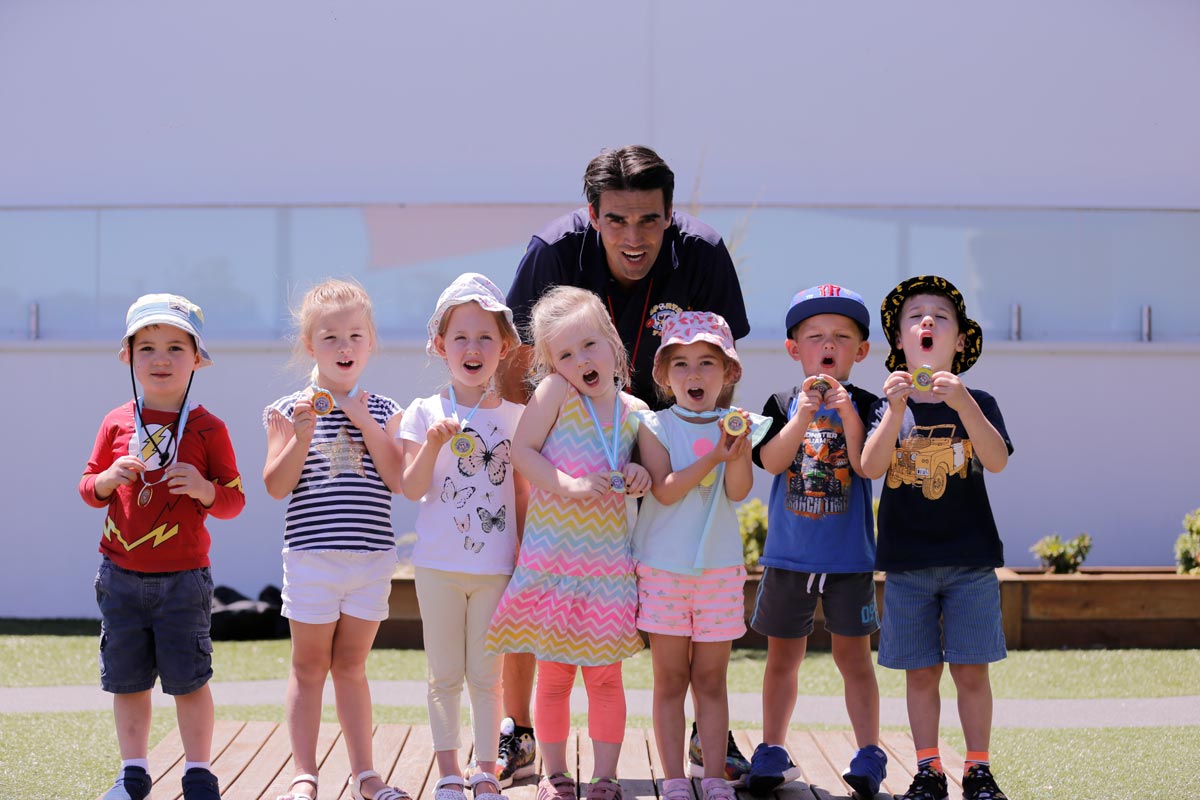In today’s fast-paced world, structured sports programmes play a vital role in the healthy development of children. Whether at school, in a club, or through external providers like Sports Tots, participating in organised physical activities offers a myriad of benefits that contribute to a child’s overall well-being. Let’s explore how structured sports programmes positively impact children’s growth and development.
1. Promoting Physical Fitness
First and foremost, structured sports programmes promote physical fitness. In an era where screen time often overshadows outdoor play, regular participation in sports ensures that children remain active. Sports like football, basketball, and athletics help children develop endurance, strength, and flexibility. Regular exercise through structured programmes helps combat childhood obesity and establishes a healthy routine that children can carry into adulthood.
2. Developing Gross and Fine Motor Skills
Engaging in sports from an early age significantly improves both gross and fine motor skills. Children learn to control their bodies as they run, jump, kick, and throw. These skills, essential for daily activities, are developed in a fun and structured way, ensuring that children build coordination, balance, and agility. Fine motor skills, such as hand-eye coordination, are also honed through activities like catching, throwing, and handling sports equipment.
3. Boosting Cognitive Function
Structured sports programmes not only strengthen the body but also the mind. Participating in sports requires focus, discipline, and quick decision-making. Children must learn to follow rules, adapt to changing situations, and think strategically—all of which enhance cognitive development. These mental benefits are directly transferable to academic performance, as children learn to manage time, set goals, and persevere through challenges.
4. Fostering Social Skills and Teamwork
Organised sports provide children with the opportunity to interact socially with their peers in a positive and structured environment. Through team sports, children learn the importance of cooperation, communication, and mutual respect. These social interactions help build friendships, improve empathy, and teach valuable lessons about leadership and teamwork. Children who participate in structured sports often develop stronger interpersonal skills and a greater sense of community.
5. Enhancing Emotional Development
The emotional benefits of structured sports programmes are profound. By participating in sports, children experience both success and failure, teaching them important lessons about resilience, perseverance, and emotional regulation. Overcoming challenges in sports builds self-esteem and confidence, as children learn to trust their abilities and push through obstacles. Structured sports also provide a healthy outlet for managing stress and emotions, promoting mental well-being.
6. Instilling Discipline and Time Management
Sports require discipline and commitment, traits that are invaluable both on and off the field. Through regular practice and participation, children learn the importance of time management and setting goals. Structured sports programmes help children develop a sense of responsibility, as they understand the value of hard work and dedication to their team.
Spors Tots structured sports programmes offer a holistic approach to childhood development, promoting physical fitness, cognitive growth, emotional resilience, and social skills. The benefits of participating in organised sports extend far beyond the field, shaping children into well-rounded individuals equipped for the future.




